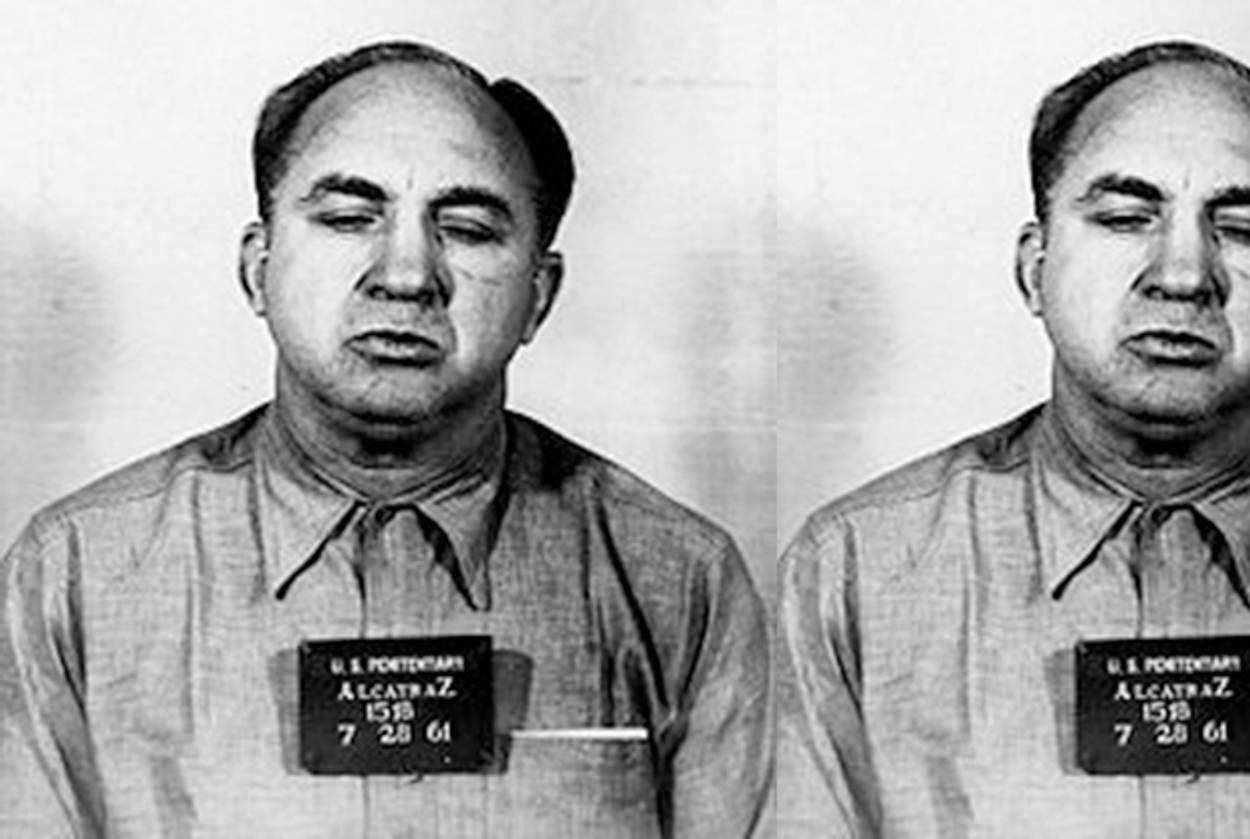Mickey Cohen is What ‘Boardwalk’ is Missing
The real-life gangster was a few years too late for the Prohibition-era show




If the Boardwalk Empire storyline were to trail into the following decade, we would inevitably be introduced to the dealings of distant Meyer Lansky associate Mickey Cohen.
Like most Jewish mobsters, Cohen was born in New York to Eastern European parents after the turn of the century. Cohen, however, started his career in crime a bit earlier than most—he started moonshining gin at age seven in the back of a drugstore. His frequent, although not surprising, absences from school led to an extended, year-and-a-half stay in first grade. At nine, he was apprehended for trying to hold up the box office of a theater with a baseball bat. After that, Cohen participated in a string of robberies, graduating from baseball bats to proper firearms.
His family moved to Los Angeles, where Cohen began boxing for underground featherweight matches after Cohen’s mentor in the Big Brother program—a boxing ref—trained him. The career was short (like the 5’5” Cohen himself), although he did fight Chalky Wright and Tommy Paul, both celebrated boxers at the time.
Cohen left Los Angeles to work in Chicago during prohibition. Upon his return to L.A. in the early 1930s, under the advice of Lansky, he started working for Bugsy Siegel, another Arnold Rothstein associate who had moved from the east coast to the west where he helped develop the Vegas strip.
By 1947, Siegel was assassinated in a manner forever immortalized by The Godfather as “the Moe Green Special.” Cohen, who had been working as Siegel’s enforcer, took over his operations and noted that Bugsy’s death was “not a bad break” for him. Cohen developed Siegel’s gambling empire in Los Angeles, and started buying up judges, cops, and lawyers as fast as he could. In a sense, he established his own private armed guard. But he also learned to insulate himself from whichever politicians he was unable to buy with an extensive legal team.
Cohen, now head of a major crime network and general manager of Michael’s Exclusive Haberdashery on Sunset (no joke), ran all of Los Angeles. He ran all sorts of establishments from clubs to casinos, and even legitimate businesses like flower shops and gas stations. According to one urban legend, Cohen even drove around in an ice cream truck.
Another west coast mobster, Jack Dragna, tried to assassinate Cohen multiple times, and in a Wile E. Coyote-Roadrunner turn of events, failed to kill Cohen even after planting a bomb in his house.
His lifelong motto, “Anything to make a buck,” never failed him: when Cohen’s bodyguard was killed by Lana Turner’s daughter, he skimped on the funeral costs and launched a press bidding war for Turner’s love letters. His thirst for fortune was outdone perhaps only by his violent streak: from beating up newsies in his early years to running into a hotel with guns blazing, to beating on his own men for minor infractions, Cohen was neither reserved nor particularly cautious. He adored fame, or infamy, rather. He would probably have been thrilled to learn that Sean Penn was cast to play him in the 2013 movie Gangster Squad.
Like many of his fellow New York-born gangsters, including Waxey Gordon and Al Capone, Cohen ended up in Alcatraz for tax evasion, and to everyone’s surprise (perhaps even to his own, as he armor-plated his own Cadillac), Cohen died not in a cloud of bullets, but in his sleep in the mid-1970s.
Previous: On ‘Boardwalk,’ Meyer Lansky Looms Large
‘Boardwalk Empire’ Returns Without Rothstein
Related: A Mobster in the Family
Alexander Aciman is a writer living in New York. His work has appeared in, among other publications, The New York Times, Vox, The Wall Street Journal, and The New Republic.